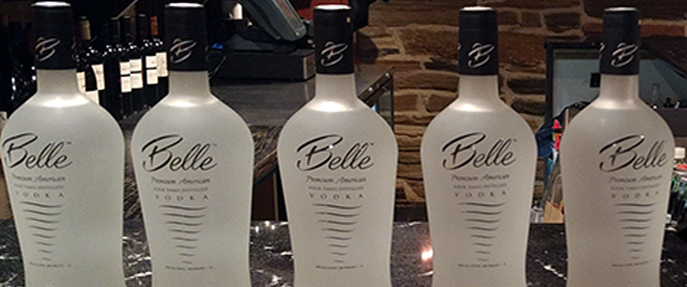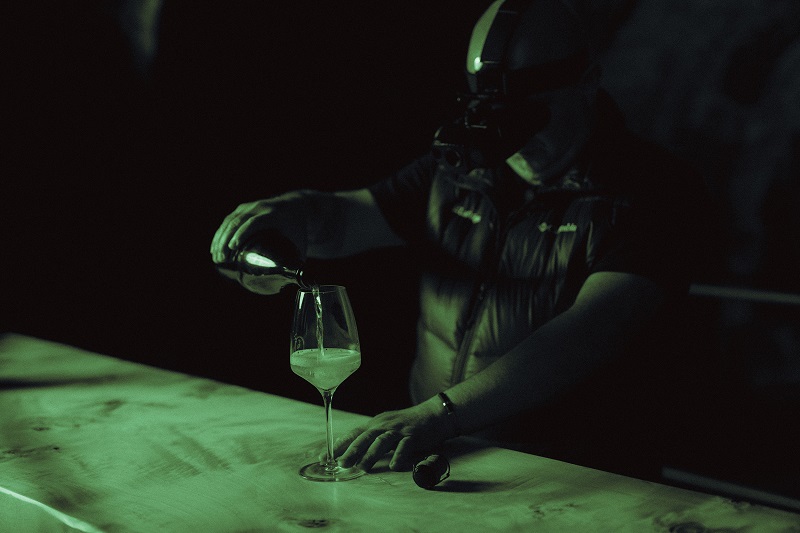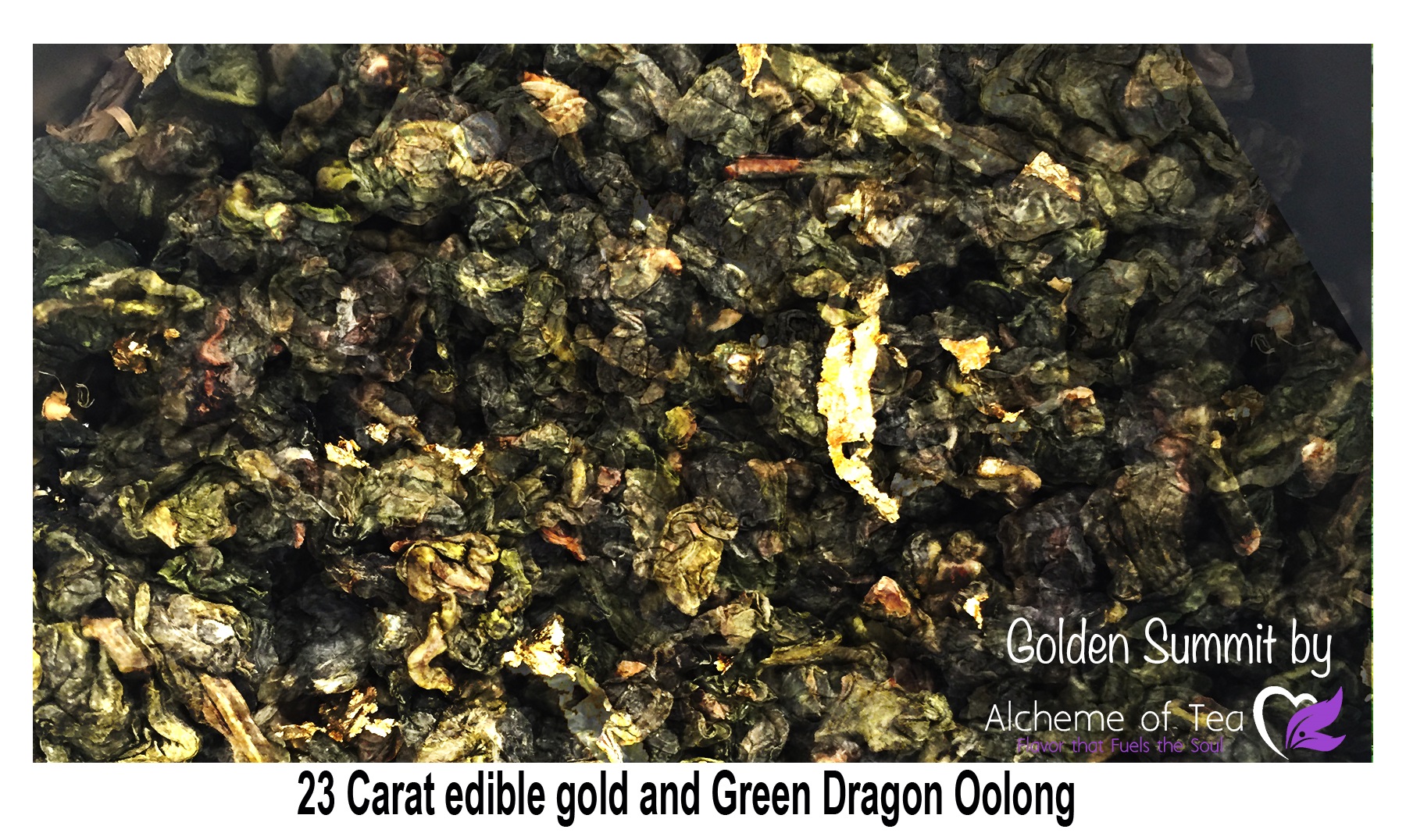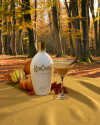The Japan Sake and Shochu Makers Association (JSS) and New York Japanese Restaurant Association (NYJRA) are pleased to announce that Governor Hochul has signed New York Assembly bill A.8620/7913 into law on Friday, July 1st, amending the Beverage Control Act. This amendment will now allow Japanese Shochu (24% ABV or under) to be sold under a beer and wine license. With this critical change, the shochu category can be recognized on its own and be labeled and sold for the first time in New York as Shochu.
Under the previous law, Japanese distillers could only sell their spirit under the misleading label of ‘Soju,’ which is a Korean spirit. Specifically, the new legislation reads:
Such license shall in form and in substance be a license to the person specifically licensed to
sell wine at retail, to be consumed upon the premises. Such license shall also be deemed to include a license to sell beer [and], soju AND SHOCHU at retail to be consumed under the same terms and conditions without the payment of any additional fee. For the purposes of this subdivision[,]:
…..
(B) “SHOCHU” SHALL MEAN AN IMPORTED JAPANESE ALCOHOLIC BEVERAGE
THAT CONTAINS NOT MORE THAN TWENTY-FOUR PER CENTUM ALCOHOL, BY
VOLUME, AND IS DERIVED FROM AGRICULTURAL PRODUCTS.
New York Japanese Restaurant Association (NYJRA) Board Member Treasurer Chikako Ichihara and Legislator and Legal Advisor John McCarthy commented, “This important moment has been years in the making, and we’d especially like to thank the support of the local government, in particular, the Assembly Member Didi Barrett, the primary sponsor of A.8620, and Senator Anna M. Kaplan, the primary sponsor of S.7913. Their crucial support of this legislation, in addition to the Japanese community, is greatly appreciated.”
One of the best-kept secrets from Japan, their native distilled spirit, shochu, has been taking the U.S. and its bartenders by storm. A highly versatile spirit, shochu is as nuanced as wine, with unique flavor profiles stemming from the terroir and other factors. Traditional pouring styles range from being served straight, on the rocks, or long with tonic or soda. Bartenders are using shochu more often in classic cocktails, particularly the Martini and Negroni. Its typical ABV of 25%-30% is another advantage for bartenders to experiment with flavor and simultaneously present a well-rounded cocktail without overwhelming alcohol content.
The NYJRA will share additional information regarding the law’s implementation as it is available to
ensure a seamless rollout and to welcome a greater appreciation of one of Japan’s oldest spirits, Shochu.
Japan Sake and Shochu Makers Association (JSS) comments, “We are very excited as we have wanted this for many years. We thank the NYJRA, importers, distributors, the Japanese community, and government agencies for their support. We would like to take this opportunity to let everyone know the joy of shochu in cooperation with our partner.”
Kanpai!
About NYJRA:
New York Japanese Restaurant Association, first-ever registered non-profit organization section 503 (C) 6 in 2020. Our mission is to support NY Japanese restaurant industries to address significant issues affecting their business in the public and facilitate bringing their voice to New York City and states to change the regulation. In addition, NYJRA seeks to revitalize the prevalence of Japanese food and culture through our activities.
About JSS:
The Japan Sake and Shochu Makers Association (JSS) mission is to introduce Japan’s most popular traditional spirits—Shochu and awamori—to the world and to position it in the industry as a Japanese handcrafted spirit. The Japan Sake and Shochu Association (JSS) was established in 1953 as the largest non-profit organization in Japan. It represented over 1700 producers of sake, honkaku Shochu, awamori, and hon-mirin members. In addition, JSS has over 270 shochu distilleries throughout the country, which produce more than 2000 brands today.








